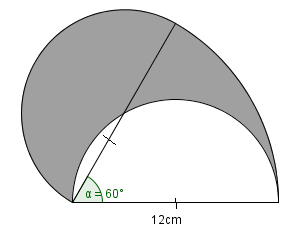Expressing happiness
English tip: It’s Friday! Are you as happy as I am? In compositions, we often have to describe how happy our lead character is. Let’s think of different ways to do that, so that your essay can shine at PSLE. 🙂 Ways to describe happiness: She was jumping up and down with joy. Eyes gleamed[…]




